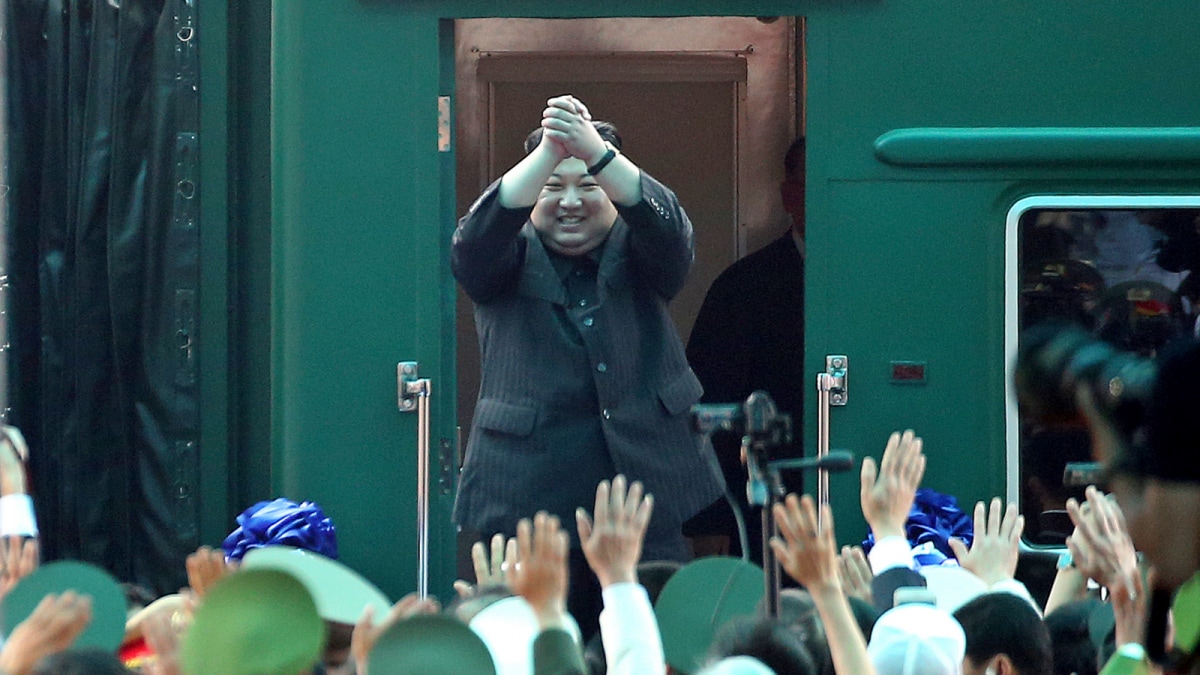Representative Jerrold Nadler, a key figure in Donald Trump’s impeachments, will retire from Congress after more than three decades, citing the need for generational change
US House Representative Jerrold Nadler, a Democrat from New York who has served in Congress for more than three decades, has announced that he will not seek reelection.
The decision marks the end of a 34-year career in which he became a central figure in liberal politics, civil rights battles and three presidential impeachment efforts. Nadler, who is 78 years old, framed his departure as part of a broader push for generational change within the Democratic Party.
A generational shift in Democratic politics
Nadler was said to have wrestled with the idea of retiring, particularly because he believed that President Donald Trump continued to pose a threat to democracy. Nonetheless, he reportedly concluded that it was time for a younger figure to take up the fight.
He suggested that a new leader might be better positioned to help the party wade through the current political environment. His remarks aligned with a broader debate among Democrats about the future of leadership and the role of older lawmakers in a party increasingly conscious of its generational divide, The New York Times reported.
Legacy of legislative engagement
Nadler’s career has been defined by his work on some of the most contentious issues in American politics. He was credited with helping to reauthorise the Voting Rights Act in 2006, curtailing surveillance powers under the Bush administration in 2015 and codifying same-sex marriage rights in 2022.
He also played a key role in securing federal aid for New Yorkers affected by the aftermath of the September 11 attacks, as his district once encompassed the World Trade Centre site.
Throughout his career, Nadler described his political philosophy as rooted in the Declaration of Independence’s promise of equality. He maintained that much of the nation’s progress had been about expanding that definition and expressed pride in contributing to that effort.
His Upper West Side base of supporters embraced him as a symbol of local progressive politics with his signature suspenders and spectacles becoming part of his public persona, The New York Times said.
Impeachment and national prominence
Nadler rose to national prominence during Trump’s presidency. His long-running rivalry with Trump, dating back to disputes over Manhattan development in the 1980s, culminated in his leadership of the House Judiciary Committee during Trump’s first impeachment move.
He was seen as one of the most forceful advocates for impeachment pushing articles of impeachment through his committee in 2019. Although his uncompromising style at times frustrated then-House Speaker Nancy Pelosi, who favoured Adam Schiff in key moments, Nadler remained a central figure in the effort to hold Trump accountable.
A difficult political climate
Nadler’s announcement comes at a moment when the Democratic Party is contending with shifting loyalties and internal debates. Redistricting had already forced him into a bruising primary in 2022 against fellow veteran Democrat Carolyn Maloney, which he won decisively.
More recently, he had faced a challenge from a 26-year-old candidate, a sign of mounting pressure for generational turnover within his district. Reports suggested that he might quietly back Micah Lasher, a former aide who now serves in the New York State Assembly, though Nadler declined to endorse a successor outright.
Views on Israel and Gaza
Reflecting on his career, Nadler spoke about his increasingly conflicted views on Israel. Long known as a progressive who supported the US-Israel alliance, he acknowledged that the war in Gaza had made it difficult to defend Israel’s actions under Prime Minister Benjamin Netanyahu.
Nadler argued that while he opposed Hamas and continued to support a two-state solution, Israel’s military conduct amounted to mass killings and war crimes. He indicated that he would join colleagues seeking to restrict offensive US weapons transfers to Israel, though he still supported funding missile defence systems.
Looking ahead
Despite expressing pessimism about the threats posed by Trump, Nadler voiced cautious optimism about Democrats’ chances of retaking the House in the next election cycle. He suggested that such a victory could help cut short what he described as a political “reign of terror”.
In a lighter moment, he also reported that he was in good health, even sharing that his doctor had encouraged him to enjoy more vanilla ice cream for calcium.
As Nadler prepares to leave Congress, political observers say that his absence would leave a significant gap in both New York politics and the Democratic Party’s progressive wing. His career, defined by battles over civil rights, constitutional interpretation and executive accountability highlighted the enduring influence of a lawmaker who consistently placed principle at the centre of his politics.
End of Article

)

